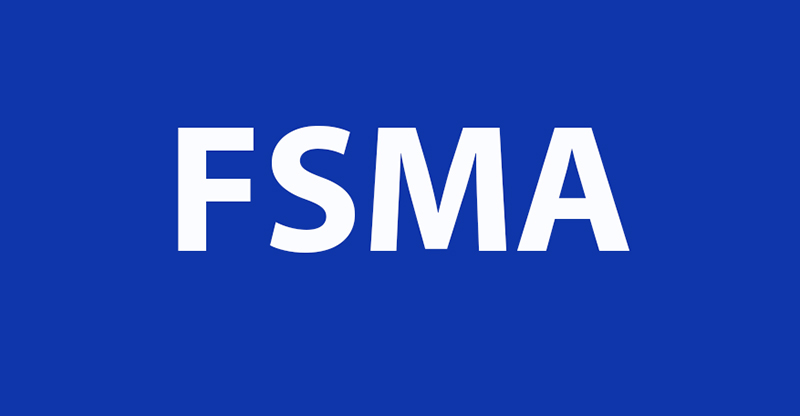The initial deadlines for Food Safety Modernization Act implementation are upon us, and while it will be a year or more before companies must comply with the regulations, now is an appropriate time to consider the happens next with food safety in the United States. Packaging requirements, issues with imports, the move toward clean labels, updating facility auditing requirements, and a wide set of compliance issues will be near-term time-consuming issues for food safety directors and executives all the way up to the c-suite.
FSMA is the most impactful set of safety regulations to hit the grocery and restaurant industries since before World War II. But there are other elements of consumer protection that will quickly capture the attention of supermarket and foodservice executives after August, and smart companies are already looking ahead to ensure a competitive advantage.
Packaging requirements aren’t just limited to country of origin labeling. Consumers are demanding full transparency from manufacturers and the retailers from which they buy their food. Shoppers are demanding clear descriptions of what they’re eating and voicing their displeasure for companies that are not providing the details they want by buying competitive items. A quick look at the comparative sales of the big processed food companies during the last few years verifies this isn’t a fad.
Tainted imported food (for both humans and pets) nearly a decade ago was a key trigger for the legislation that ultimately became FSMA. While the act addresses record keeping and some elements of lab testing, there are still several issues to tackle, including third-party validation rules and the voluntary program for importers that provides for expedited review and entry of foods.
The move toward clean labels or reducing the number of ingredients in processed food is taking form in several different ways. For example, many manufacturers, particularly those that make products targeting young consumers, are eliminating high-fructose corn syrup from their product lines to address consumer concern about the impact the ingredient is having on obesity and other health issues.
Updating facility auditing requirements, at retail, foodservice and manufacturing operations, has been largely left to trade associations and the companies themselves. A single incident of foodborne illness or death linked to a store commissary, a restaurant or a processing facility is all it will take for consumers to demand government action to raise standards and increase inspections.
On compliance issues, FSMA requires companies to collect verification data of their supply chain’s adherence to regulations for up two years and have it accessible within 24 hours. Similar to Sarbanes-Oxley, CEOs are responsible for verifying the compliance of their supply chain under FSMA. Given these risks, companies have started to automate their management of compliance documentation. Now forward-thinking companies are applying the same technology to ensure that information supplied by trading partners on products such as gluten-free goods or items containing nuts is frequently updated to avoid lapses that could lead to lawsuits and worse.
There certainly are a few different visions of the future of food safety. One commonality is that consumers will continue to demand an even safer food supply chain. If companies don’t pursue this goal, legal action or governmental regulation will step in to encourage change.





